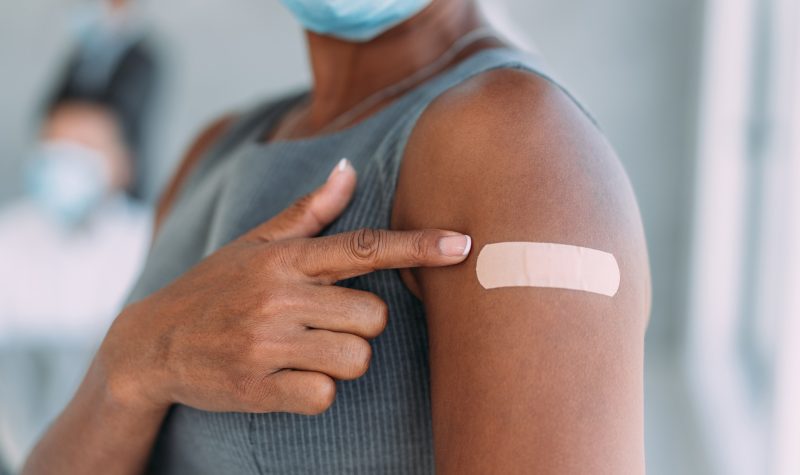After-school vaccine clinics will resume service on a rotating schedule with a focus on under-vaccinated neighbourhoods beginning on Friday.
With schools opening again as of Tuesday—delayed by one day due to a severe blizzard—Ottawa Public Health (OPH) announced on Thursday that a total of 49 after-school vaccine clinics across the city would again offer shots to children aged five to 11 on a drop-in basis.
OPH indicated that the clinics will prioritize “neighbourhoods experiencing more barriers to vaccination or that have lower vaccination rates.”
According to the Ottawa Neighbourhood Study (ONS), as of Jan. 17, the communities with the lowest rate of full vaccination (75 to 80 per cent having received one dose) include many rural areas such as Carp and Navan, but also some neighbourhoods within the urban boundary, such as the Bayshore, Heron Gate, North Vanier, and Hunt Club areas.
ONS data indicates a correlation between lower vaccination rates and a larger racialized population, such as in Bayshore, where 59 per cent of residents are racialized, and the vaccine rate is just under 79 per cent.
A similar relationship between race and vaccine hesitancy is found in other neighbourhoods with lower vaccination rates, such as the Hunt Club - Ottawa Airport area, with a vaccination rate of 78.6 per cent and a population that is 28 per cent racialized. In Vanier North, 16 per cent of residents are racialized, and the vaccination rate is 79.8 per cent. Residents of the Heron Gate - Ledbury - Ridgemont are 65 per cent racialized, and the vaccination rate there is 78.2 per cent.
A March 2021 study from Statistics Canada confirmed a connection between race and vaccine hesitancy. Although 74.8 per cent of those who identified as a visible minority indicated a willingness to take the vaccine, that figure significantly declined among the Black and Latinx communities, which indicated a 56.4 per cent and 65.6 per cent willingness, respectively. Indigenous Canadians indicated a 71.9 per cent willingness.
Over half (54.2 per cent) of participants indicated a lack of confidence in the safety and efficacy of the vaccine.
Racism in medicine is still a factor in the treatment of racialized people in Canada, as shown by recent incidents such as the September 2020 death of Joyce Echaquan, a 37-year-old mother of seven from Manawan, QC, as reported by APTN.
Vaccine hesitancy among racialized groups in Canada can be attributed to historical factors, such as racism and mistreatment in healthcare settings, including forced sterilization and medical negligence. The University of Ottawa’s Institute for Science, Society, and Policy published a statement in February 2021 citing a history of mistreatment by health institutions as a contributor to vaccine hesitancy among Black, Indigenous and other racialized groups.
Statistics Canada has also indicated barriers to access as a factor in lower vaccination rates among racialized Canadians.
Currently, 10 after-school clinics have been scheduled from Friday until Jan. 26, including in Bayshore, Vanier North, Hunt Club - Ottawa Airport, and in Greenboro, which is close to the Heron Gate - Ledbury - Ridgemont area.
Partnerships between BIPOC-led community organizations and municipal health authorities have aided vaccine efforts in the past. For example, OPH opened a vaccine clinic through Wabano Health Centre last year, which helped expand the vaccine rollout to Ottawa’s Indigenous community.
Other than strategically placing drop-in clinics throughout the city, OPH hasn’t yet outlined a 2022 vaccine strategy specific to other racialized communities, including Black and Latinx communities.
Listen to the CHUO story below:


